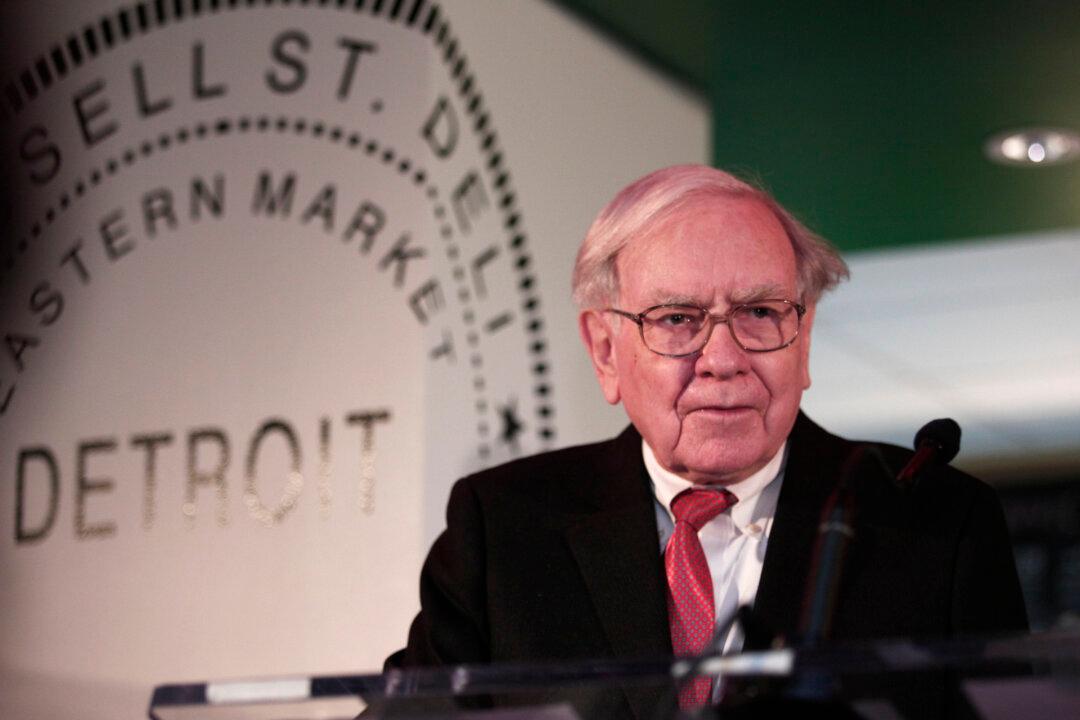OMAHA, Neb.—Buffett on May 4 signaled his commitment to Kraft Heinz Co. and defended his actions toward Wells Fargo & Co., two of the largest investments at his Berkshire Hathaway Inc., despite mistakes at both that have caused many investors to sour on them.
Buffett, 88, spoke before tens of thousands of people in Omaha, Nebraska, where the Berkshire Chairman and Chief Executive Officer and Vice Chairman Charlie Munger, 95, fielded more than 50 shareholder and analyst questions for six hours at the centerpiece of a weekend of events.





